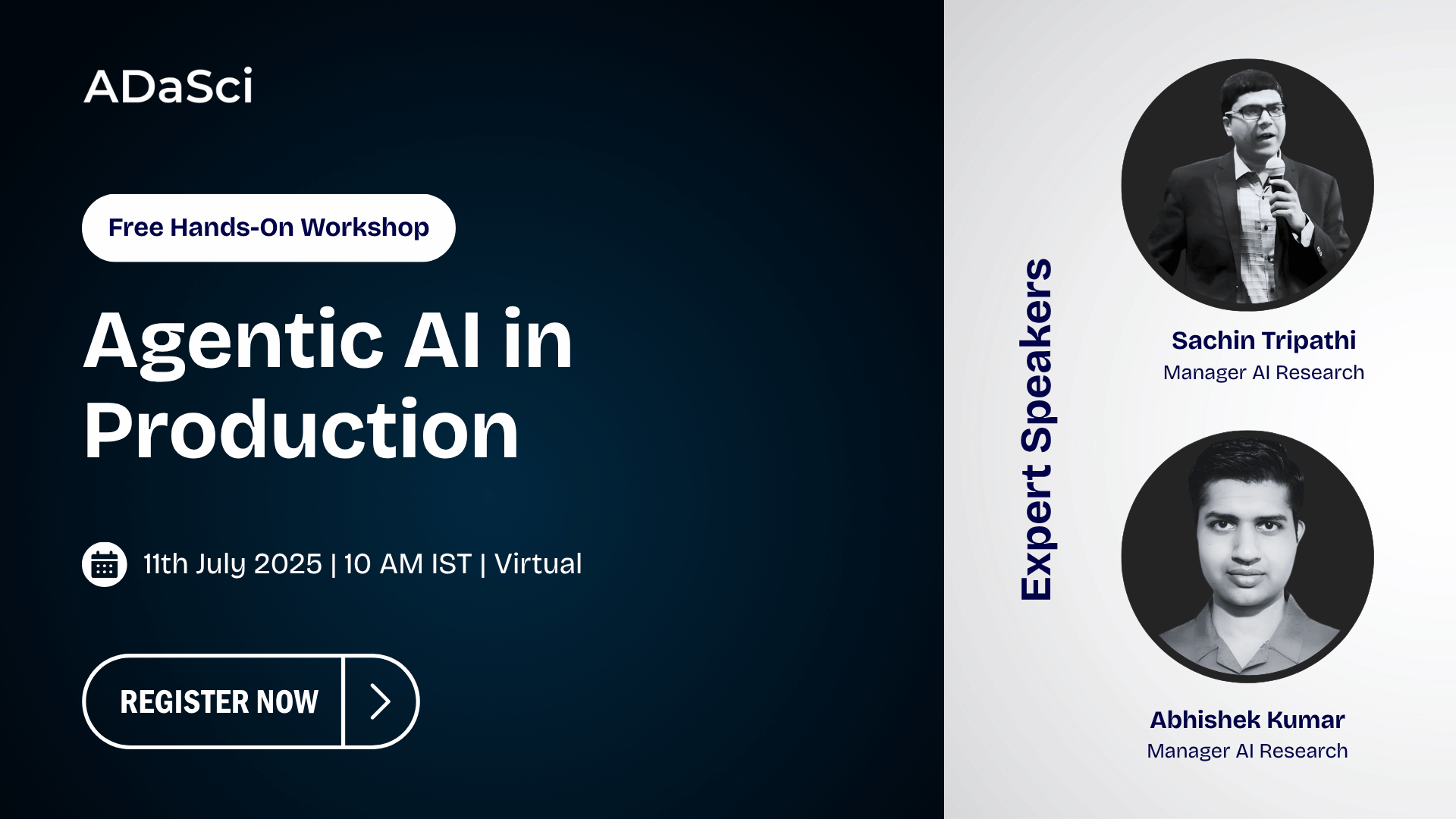Enhancing Search Experiences and Natural Language Generation: Semantic Search and RAG

Explore more from ADaSci
The Machine Learning Developers Summit (MLDS) 2024, hosted in the vibrant city of Bengaluru in February, emerged as the epicenter of cutting-edge discussions and revelations in the realm of generative AI. Among the luminaries was Neeraj Garg, Principal Data Scientist at Astro-Vision Futuretech. Armed with over six years of experience in machine learning, data science, and artificial intelligence, Garg took the stage to delve into the applications and evaluation techniques of semantic search and retrieval augmented generation (RAG). Let’s unravel the insights unveiled during his compelling talk.
Semantic Search Unveiled
Semantic search, a paradigm distinct from conventional keyword searches, was at the forefront of Neeraj Garg’s discourse. He initiated the talk by illustrating the nuances between keyword and semantic search. Drawing from a scenario where a peculiar query about a cup touring the world was presented, Garg elucidated how keyword search might lead to different outcomes compared to semantic search. While keyword search relies on matching words, semantic search employs embedding vectors to discern the meaning of queries and sentences. The talk seamlessly blended theory and practicality, showcasing the intricacies of semantic search through Python code demonstrations.
Evaluating Search Techniques
In a thought-provoking segment, Garg explored the evaluation techniques essential for distinguishing the efficacy of semantic search methods. He underscored the importance of understanding the user’s intent behind a query, emphasizing the absence of a definitive right or wrong in search outcomes. Shedding light on the hybrid approach, Garg revealed how practical implementations amalgamate keyword and semantic search signals. The audience was taken through real-world examples, elucidating the intricate dance between these techniques in creating a robust and meaningful hybrid search system.
The Python Code Showcase
A moment of practicality ensued as Neeraj Garg demonstrated the application of semantic search and RAG using Python code. Guiding the audience through the setup and execution, he showcased the process of creating embedding vectors, generating keyword sets, and implementing both keyword and vector search techniques. The code walkthrough provided a tangible grasp of the intricate technicalities discussed earlier in the talk, ensuring that the audience left with actionable insights to implement in their own projects.
Applications Beyond Conventional Search
The scope of semantic search extends far beyond traditional search engines, as Neeraj Garg articulated various applications during his MLDS talk. From optimizing websites for search engines like Google and Bing to enhancing customer experiences across diverse platforms, semantic search proves to be a versatile tool. Garg touched upon its relevance in question answering, research, and even competitive monitoring. The audience was left contemplating the profound impact semantic search could wield in reshaping the landscape of information retrieval.
RAG – Revolutionizing Content Generation
In the latter part of the talk, Neeraj Garg seamlessly transitioned to the realm of Retrieval Augmented Generation (RAG). Expanding on the foundation laid by semantic search, he introduced the audience to the role of RAG in content generation. The discussion covered key phases in a RAG pipeline, including document chunking, embedding models, context retrieval, and prompt construction. Through practical examples, Garg showcased the transformative potential of RAG in enhancing existing content, ensuring its relevance, and overcoming challenges posed by outdated responses.
Concluding
As Neeraj Garg’s enlightening discourse concluded, the audience departed with a newfound appreciation for the intricate dance between semantic search and RAG. MLDS 2024, with its array of insightful talks, not only brought forth the latest advancements in generative AI but also inspired attendees to delve deeper into the realms of semantic understanding and content generation. With Neeraj Garg’s expertise lighting the way, the future of AI-driven information retrieval appears both fascinating and promising.







